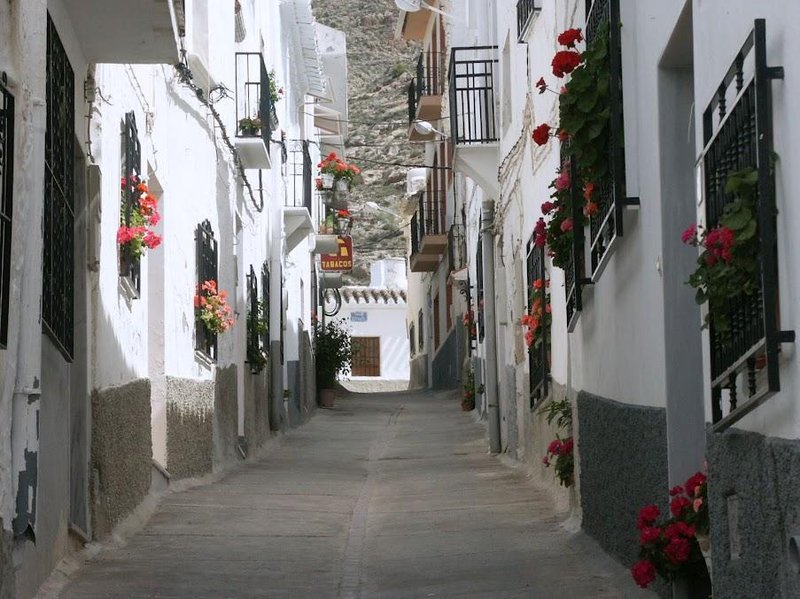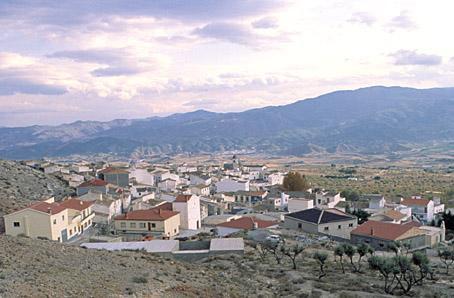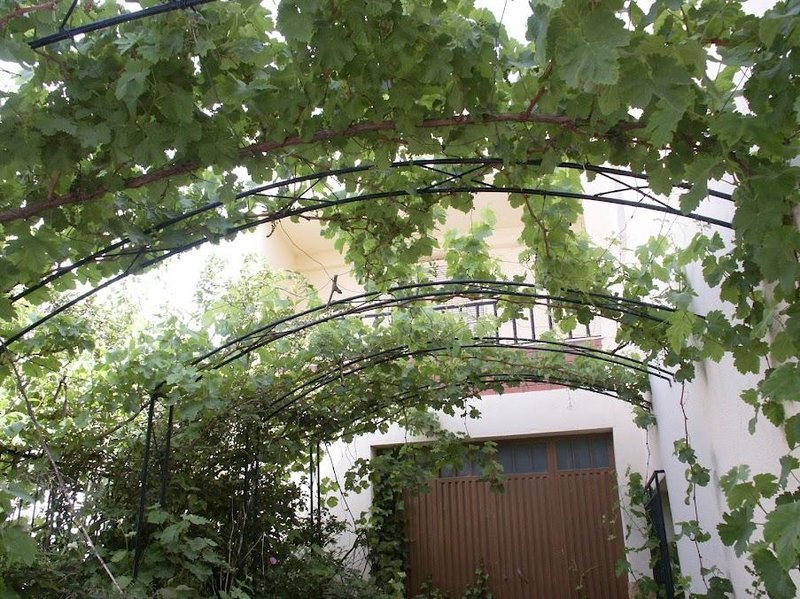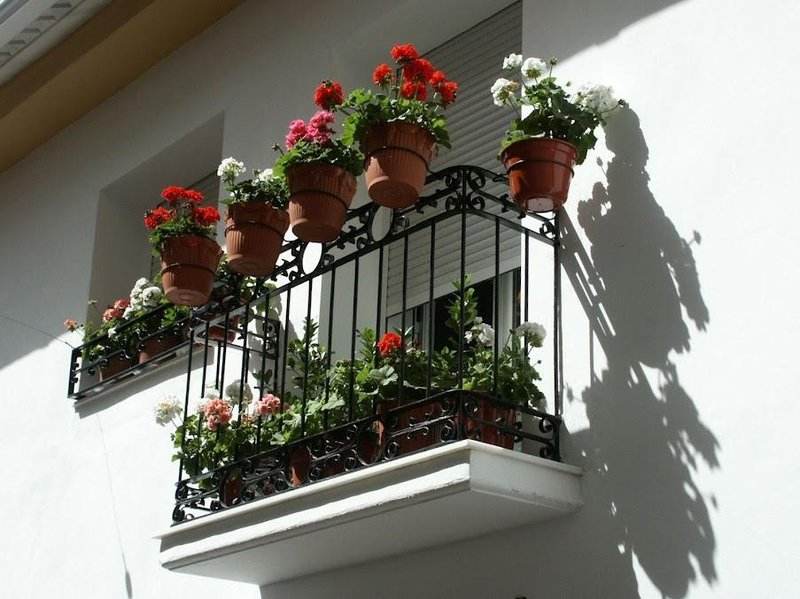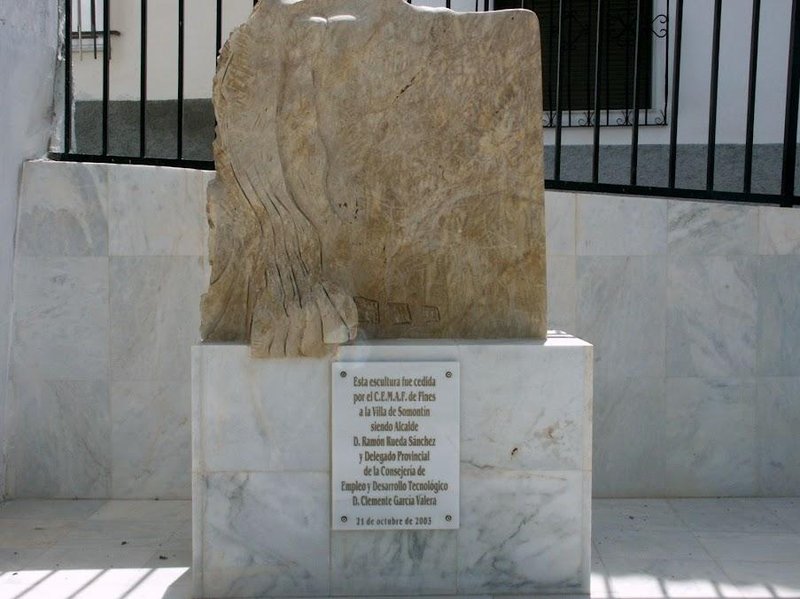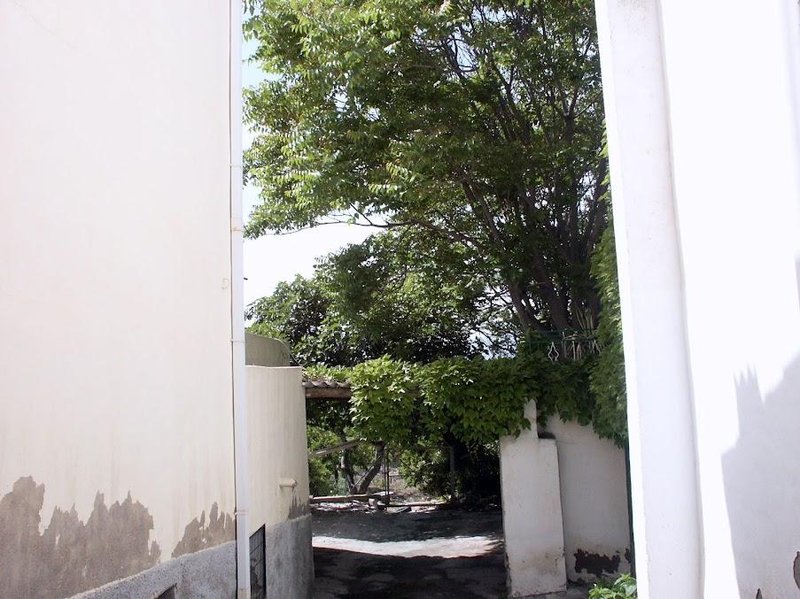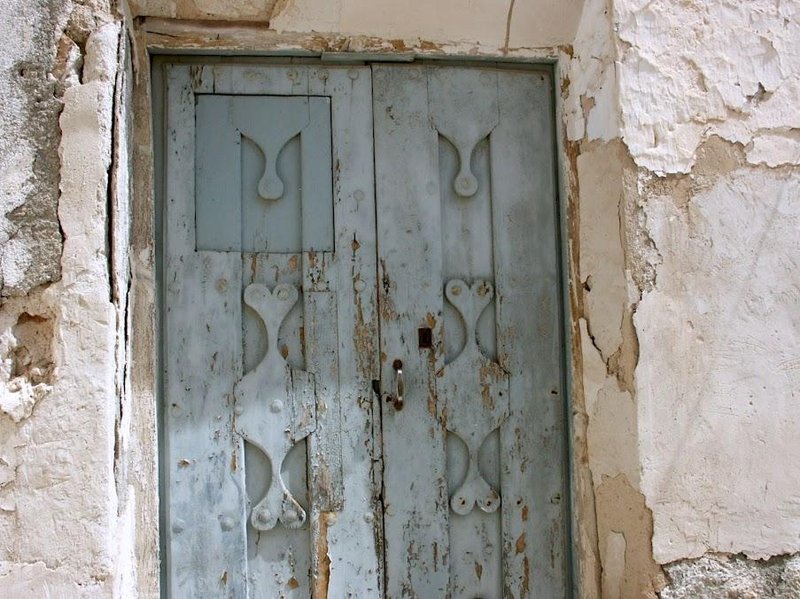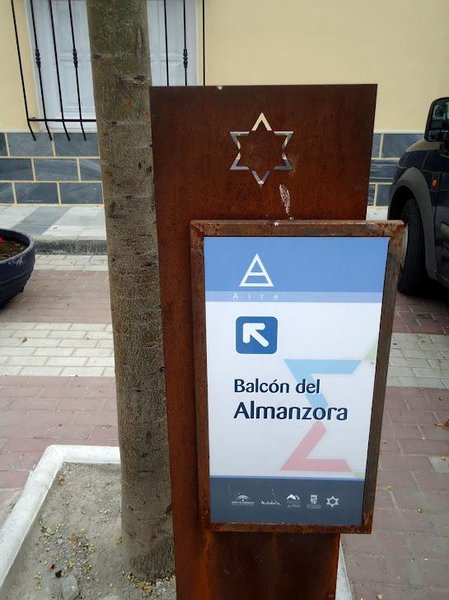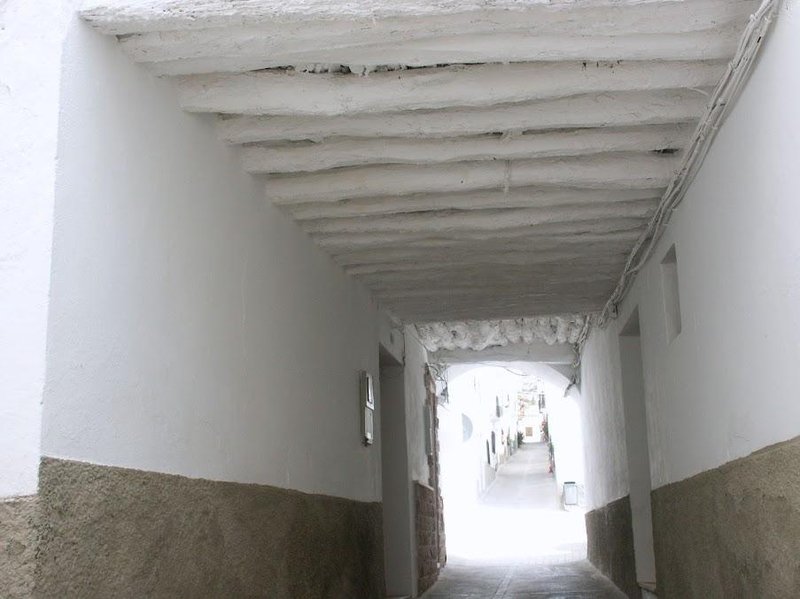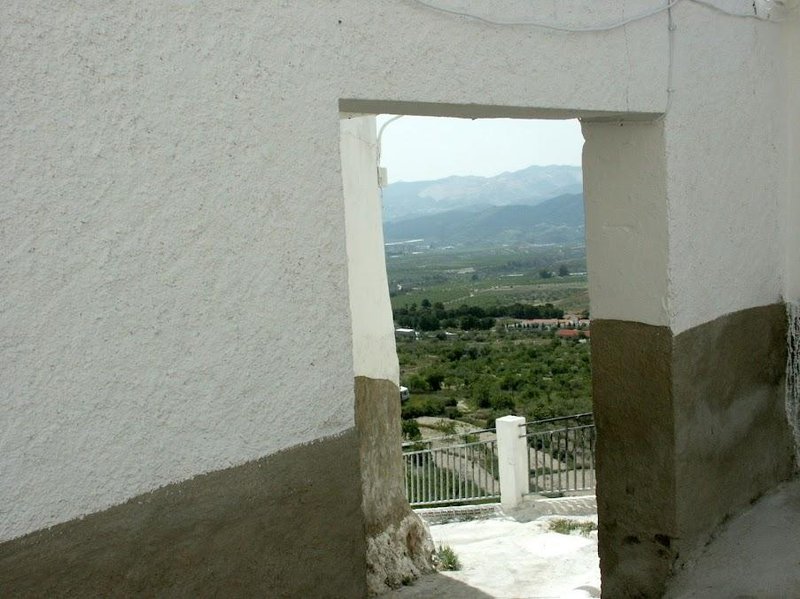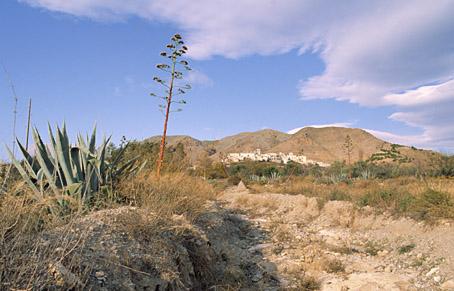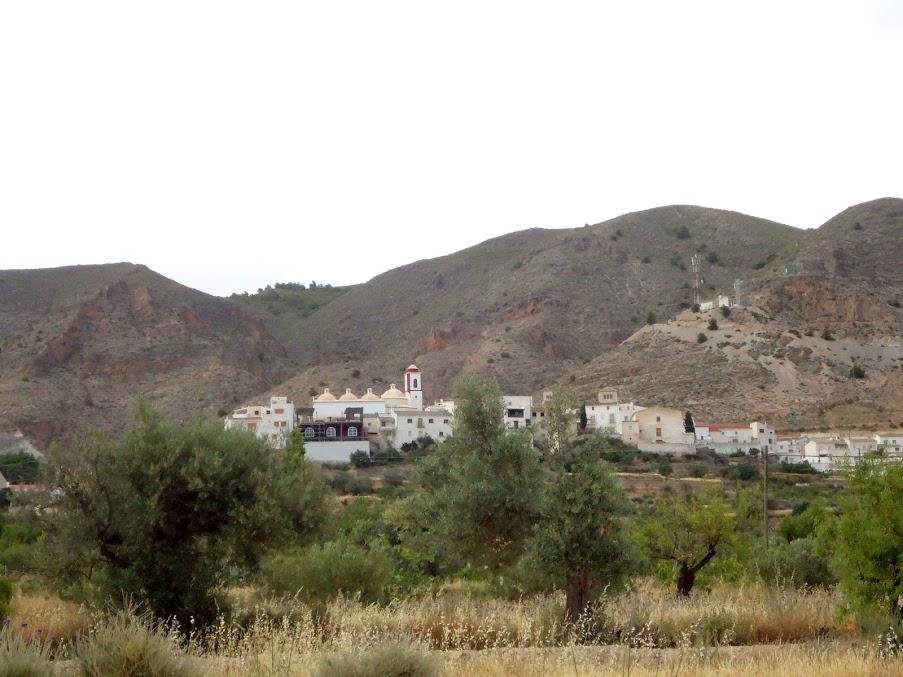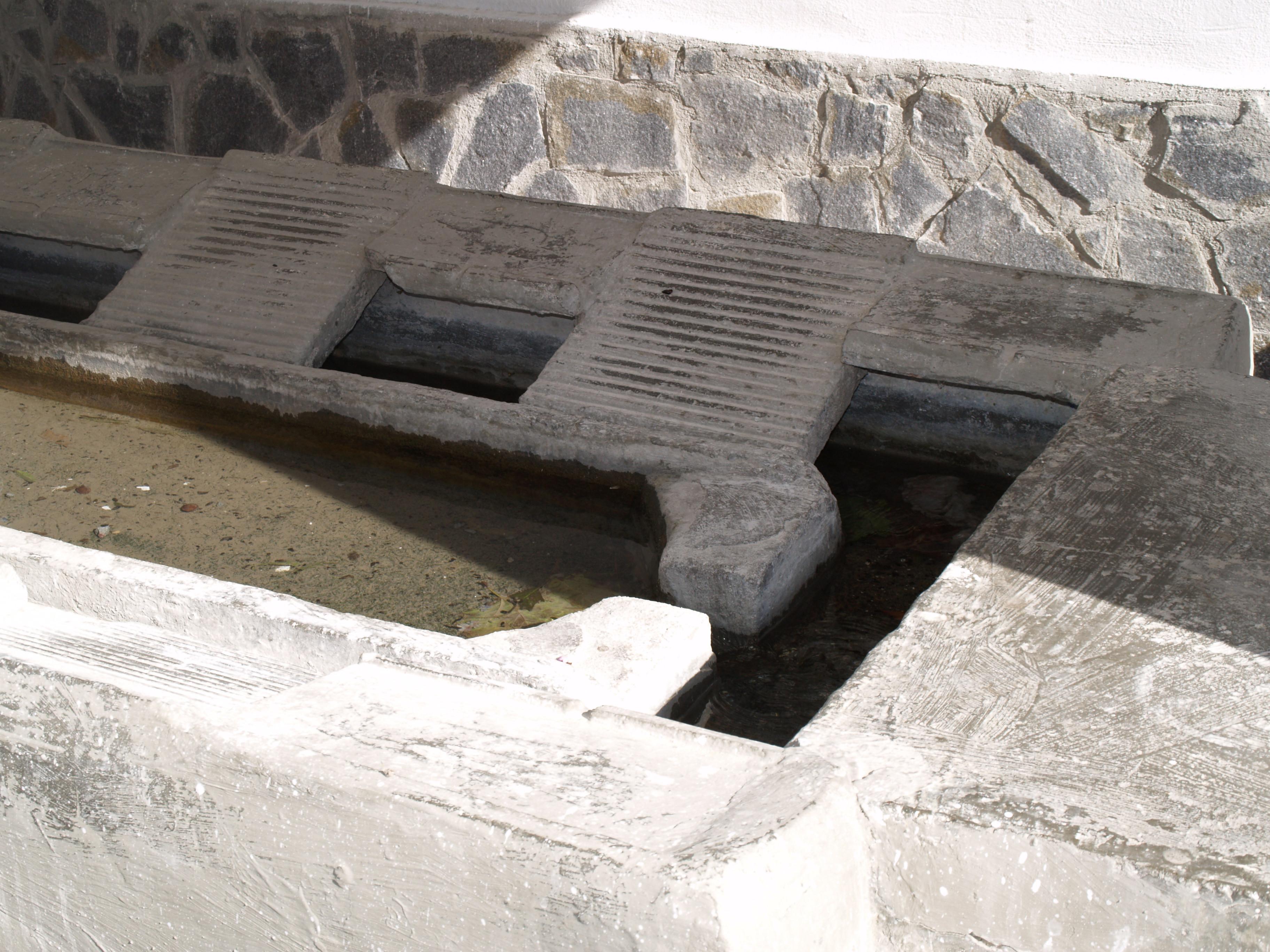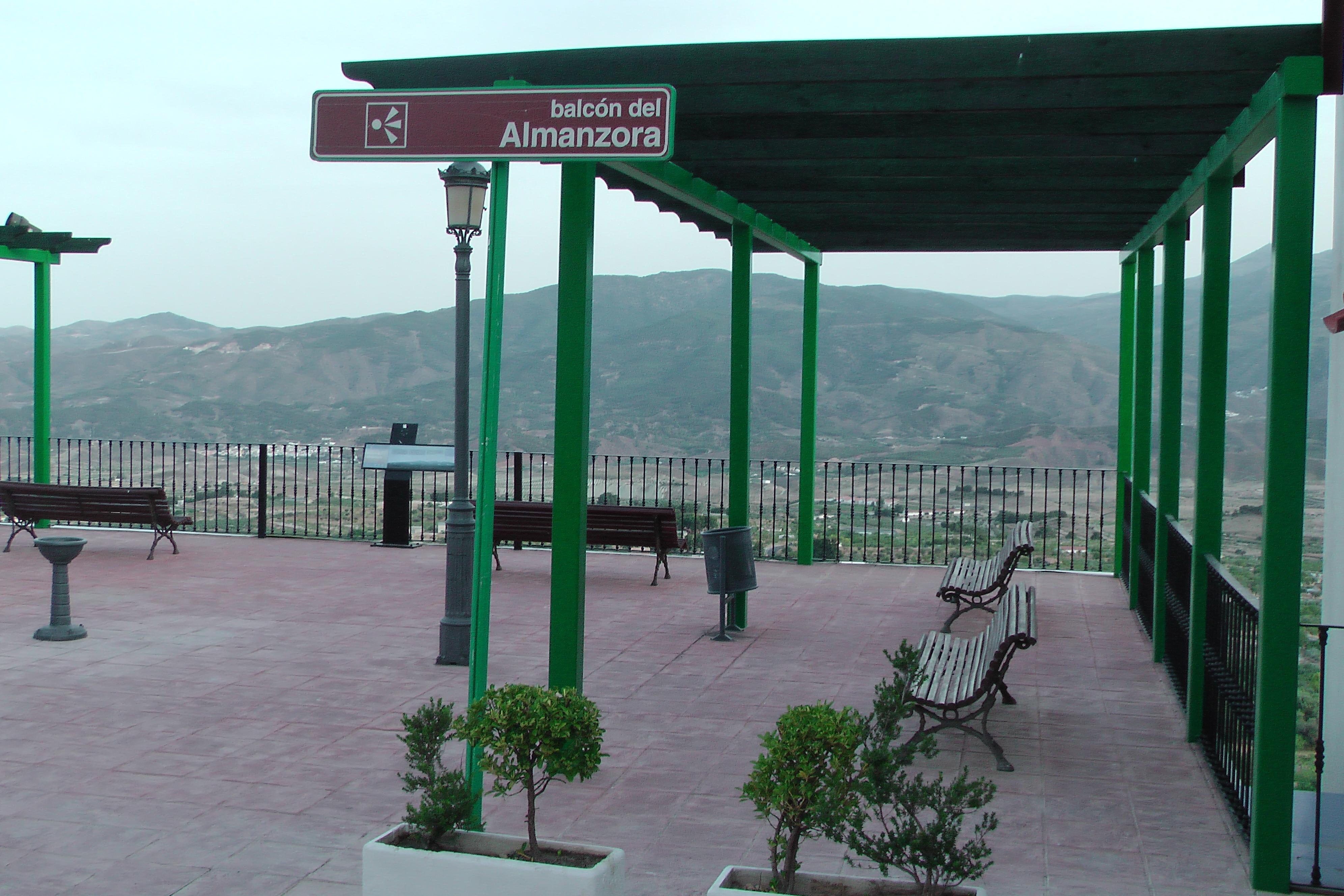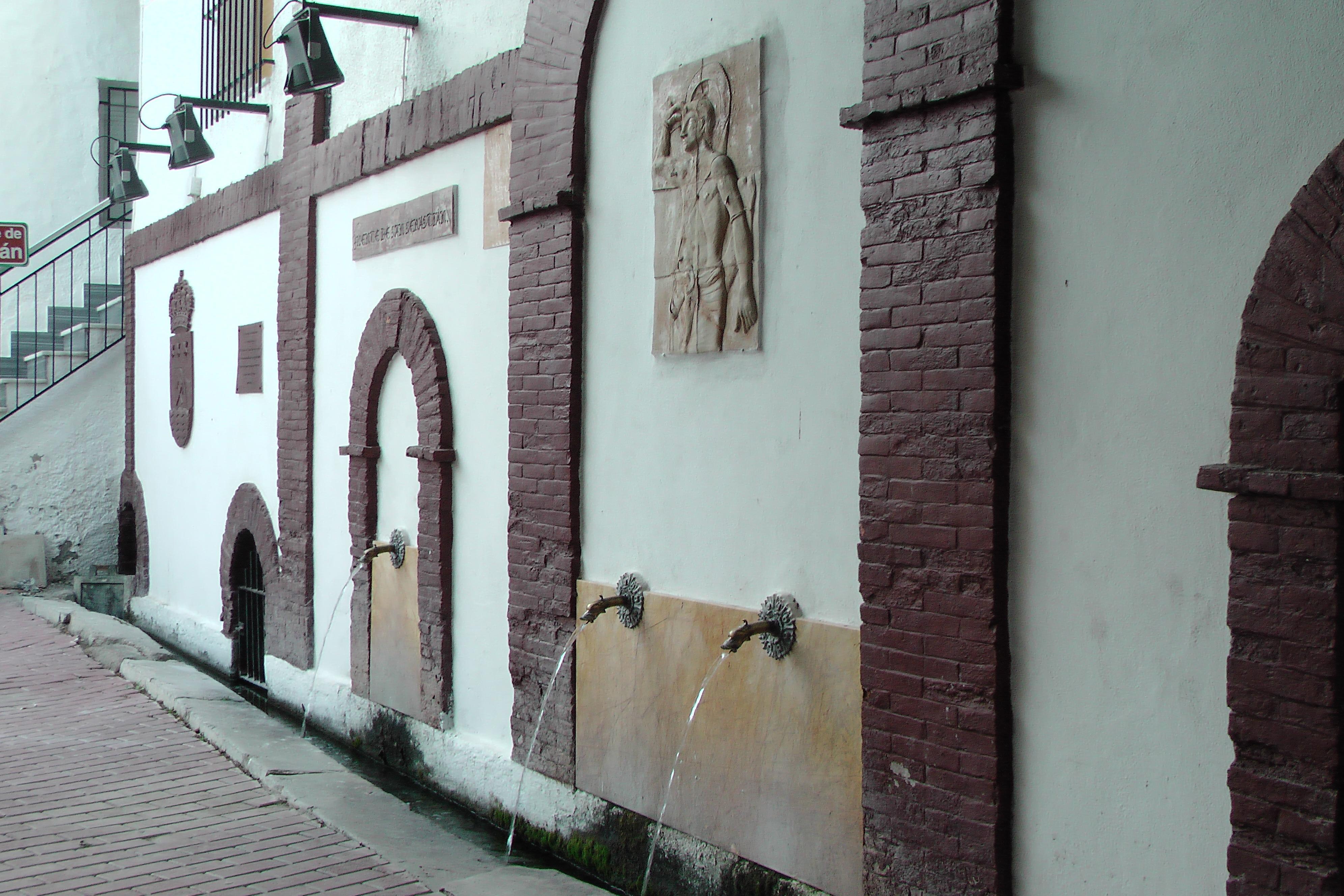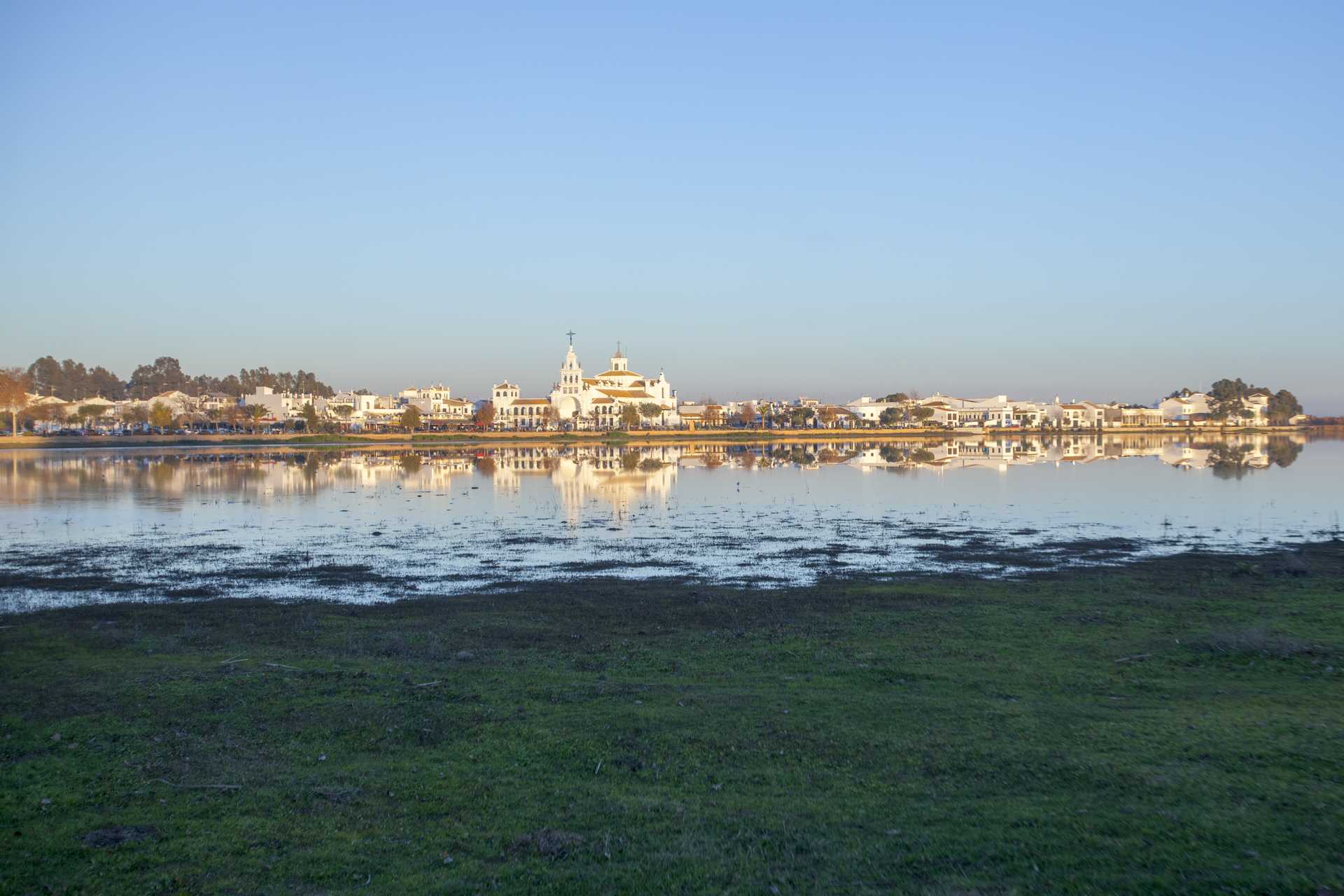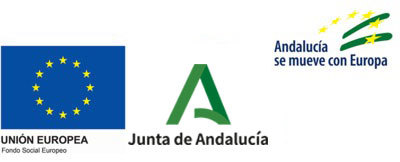Somontín
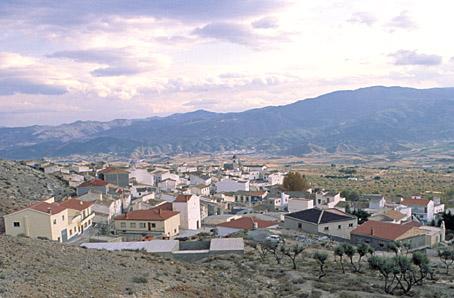
Situated in the Sierra de las Estancias, it has been called "The Balcony of the Almanzora", due to its privileged position from which it dominates the valley.
Picturesque village with hilly streets, white houses (with roofs), with a calm tranquil air over which the Parish church with its original tower stands.
History
Village situated in the foothills of the Sierra de las Estancias. It looks over the northern part of the Almanzora Valley. The writer Francisco Villaespesa called it "The Balcony of the Almanzora".The origin of this village is from Roman times, II century BC., although further south than the current position. It seems that it was an important place because the emperor Marco Aurelio authorized it to mint coins. At the beginning of the Al-Andalus period it settled in its current position as it was easier to defend and had an abundance of water. In the IX century the Hisn Somontan, a safe fortress, appeared.
With the Christian conquest, the Catholic Monarchs gave the villages of Somontin and Fines in June 1492 to don Alonso Fernandez de Cordoba. It also took part in the Moorish revolts with the subsequent expulsion of the Moors from the Kingdom of Granada in 1570 and its repopulation with people from outside the kingdom.
Apparently in the year 1594 it received the visit of don Miguel de Cervantes, as the Tax Collector for the Royal Treasury that he was, due to the problems that existed with the collection of the royal sales taxes from Somontin and other villages of the Almanzora.
According to Madoz, in the year 1848 the talc mines already existed. It is possible that they began to be worked between the years 1752 and 1848. The so-called French chalk gave work to the population for quite a while. At the beginning of the century it was a somewhat anarchic mine as it was made up of small factories. After the Civil War the mine was reactivated and it reached an important level of production. Later the exhaustion of the best seam and the apparition of subterranean water pockets which made the working of the mine difficult, meant it was abandoned.
Currently its economy is based on agriculture with the cultivation of cereals, vines, olive groves and vegetables for own consumption; and livestock in which goats predominate.

- Max 11
- Min 8
- Max 51
- Min 46
- °C
- °F

